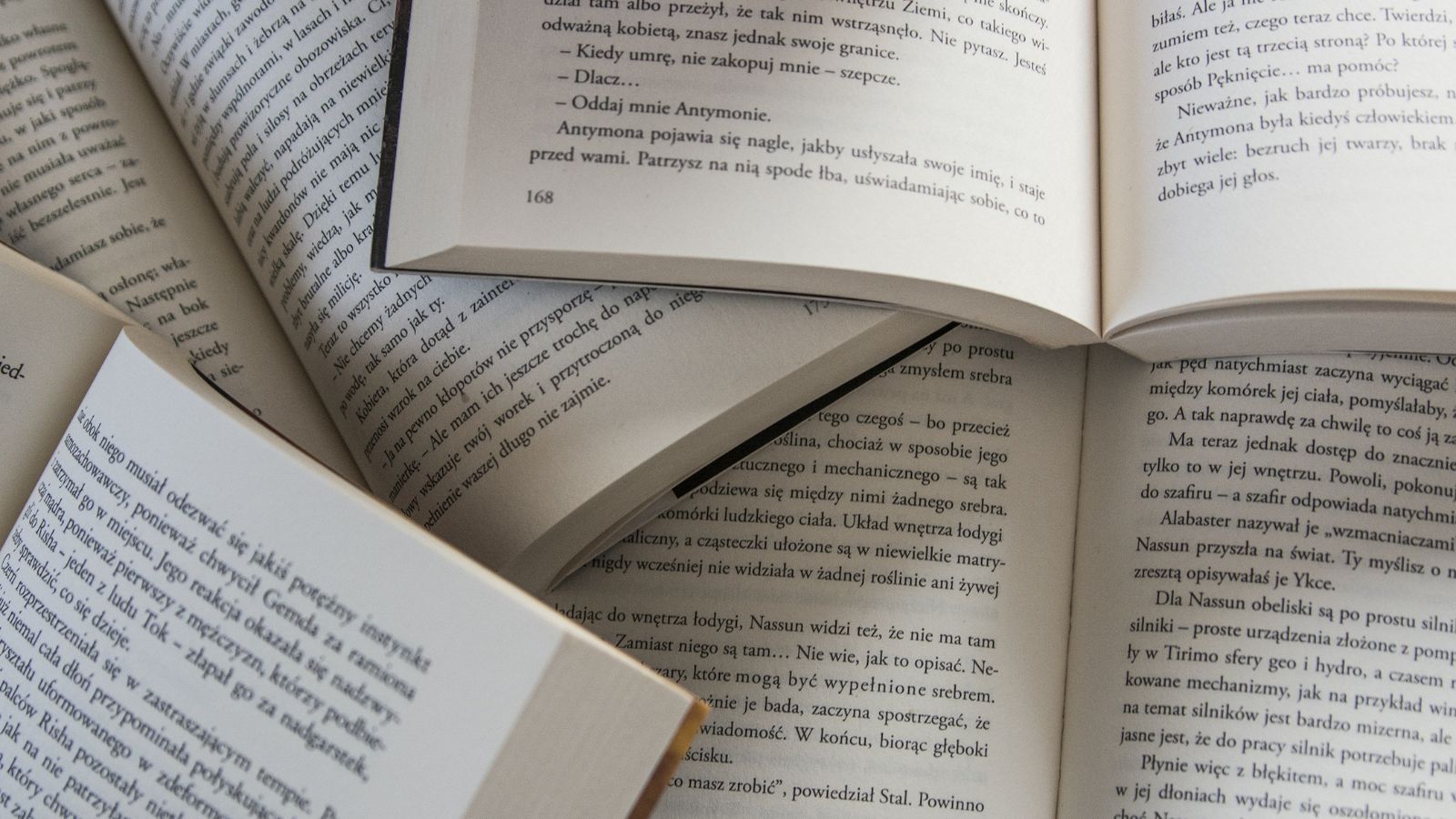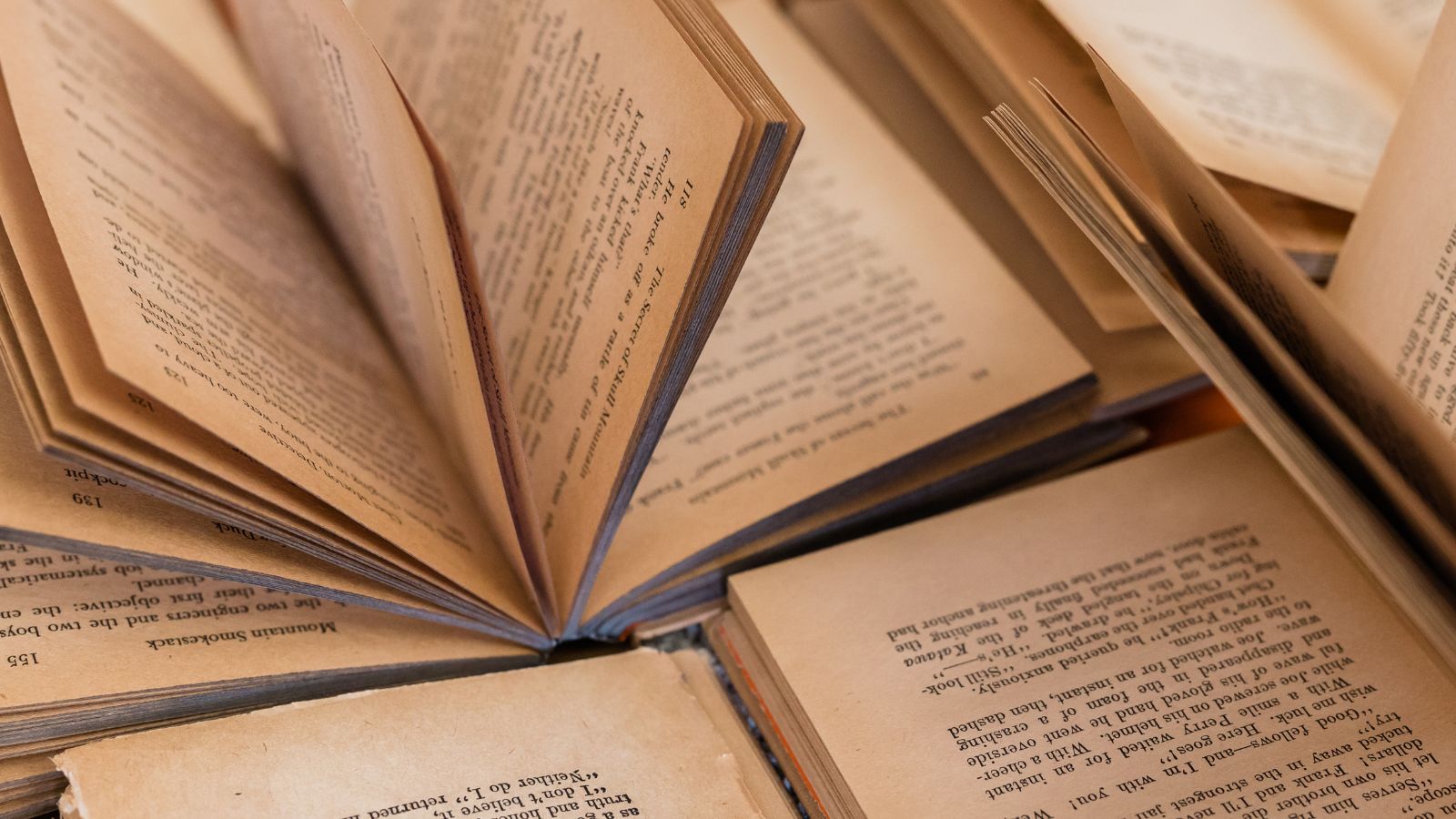CDiving into the depths of the Palestinian narrative, one often finds a rich tapestry of culture, history, and resilience. Books on Palestine offer a window into this complex world, unearthing stories that are often overlooked. Whether you’re a history buff, a political enthusiast, or simply a curious reader, these books promise to broaden your perspective.
From memoirs and historical chronicles to political analyses, the literary landscape of Palestine is as diverse as it is enlightening. It’s a journey that challenges assumptions, shatters stereotypes, and fosters understanding. Let’s embark on this literary expedition to discover the best books on Palestine, each one a treasure trove of insights.
Best Books on Palestine
The Importance of Context in Palestinian Narratives
To gain a profound understanding of Palestinian literature, one must delve deep into the rich contextual layers that showcase the cultural, historical, and socio-political fabric of Palestine. Books that capture the essence of Palestinian life often embed it into their narratives, enabling readers to explore deep-seated themes. An example includes books like “The Book of Disappearance” by Ibtisam Azem, which intricately paints a raw portrayal of the Israeli-Palestinian conflict, making context an integral element.
Exploring Diverse Perspectives and Genres
Palestinian literature boasts a plethora of perspectives and encompasses a myriad of genres. From intimate memoirs that trace personal journeys against the backdrop of socio-political upheaval, such as “Mornings in Jenin” by Susan Abulhawa, to political analyses that dissect the intrinsic complexities of Palestine, like “Five Broken Cameras” by Emad Burnat and Guy Davidi, readers will discover a wide scope of perspectives. Similarly, genre-wise, Palestinian literature ranges from poetry, revealing emotional depth and resilience, as seen in “Unfortunately, It Was Paradise” by Mahmoud Darwish, to historical fiction, like Ghassan Kanafani’s “Returning to Haifa,” that revisits the Palestinian exodus. Each book serves as a lens into the diverse and compelling narratives that Palestine houses.
 Historical Accounts and Memoirs
Historical Accounts and Memoirs
Diving deeper into the records of historical accounts and memoirs, these texts provide a first-hand look into the lives of those affected by the Israeli-Palestinian conflict, shedding light on a wide range of experiences and perspectives.
Essential Reads for Historical Context
Books penned by individuals with an intimate connection to the conflict present an unmatched historical context to the events unfolding in Palestine. Some prominent works included:
- “The Hundred Years’ War on Palestine: A History of Settler Colonialism and Resistance, 1917–2017” by Rashid Khalidi: Providing a comprehensive history of Palestine, Khalidi explores the historical and political realities from the standpoint of colonial aggression.
- “Palestine: Peace Not Apartheid” by Jimmy Carter: A detailed account from Carter’s familiar perspective with the conflict as the 39th U.S. President. His observations delve into the fragile existence of peace and efforts to overcome the conditions of apartheid.
- “The Ethnic Cleansing of Palestine” by Ilan Pappe: This book reveals the tragedies suffered by the Palestinian people, viewed through the dark lens of ethnic cleansing.
By zeroing in on historical contexts from different perspectives, these books certainly offer a refined understanding of Palestinian experiences.
 Fiction and Novels
Fiction and Novels
Bridging the gap between historical account and individual experience, novels and fiction introduce a heartfelt dimension to the Palestinian narrative. They craft compelling stories, offering a close proximity to the Palestinian culture, heritage, and struggles.
Celebrated Palestinian Fiction Writers
Different Palestinian authors embraced fiction as a powerful medium. They breathed life into characters, crafted intricate storylines, and caught hearts across the globe. Acclaimed fiction writer, Ghassan Kanafani, exemplifies this talent. His collection, “Palestine’s Children: Returning to Haifa & Other Stories”, encompasses turbulent times, stirred emotions, and lived experiences of Palestinians.
Emphasising women’s narratives, Sahar Khalifeh reinvented the paradigm with her book “Wild Thorns,” navigating through the everyday trials of Palestinian women amid upheaval. Another standout, Susan Abulhawa, in “Mornings in Jenin,” delved into a multifaceted family saga, ensuring their Palestinian perceptions reach the world. Yet, each author brings unique insights, collectively enriching Palestinian literary culture.
